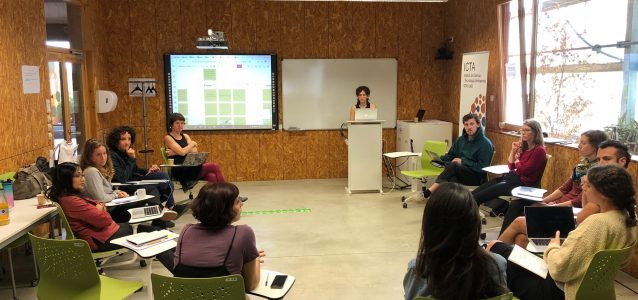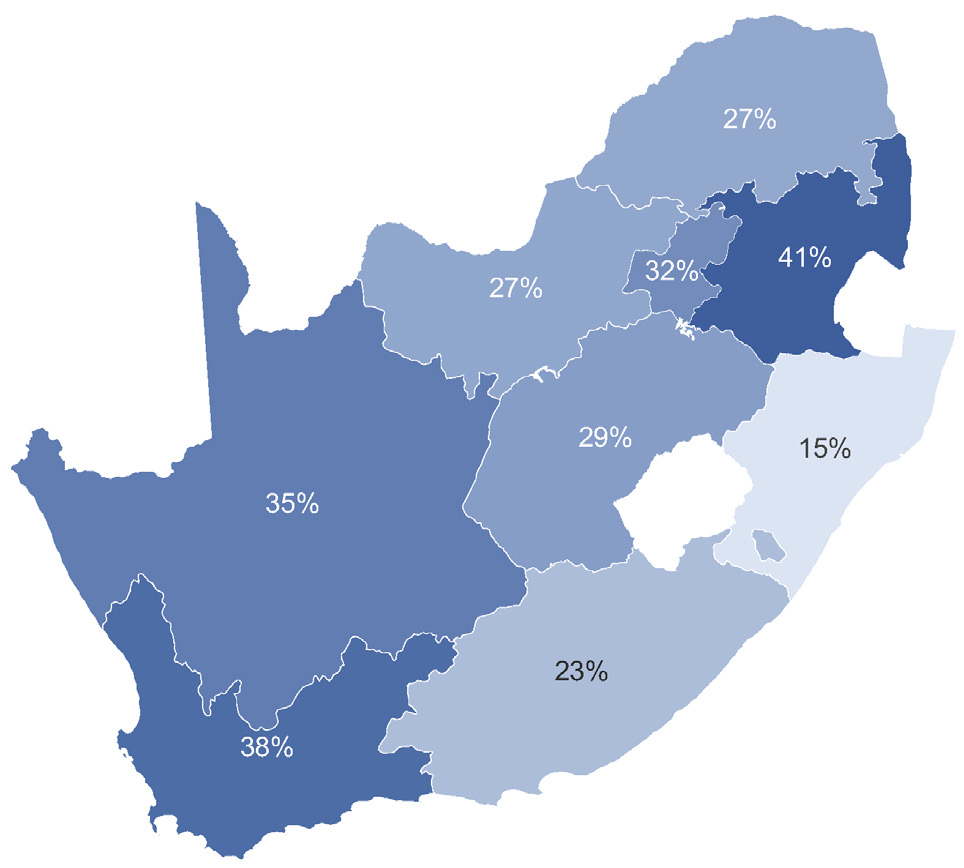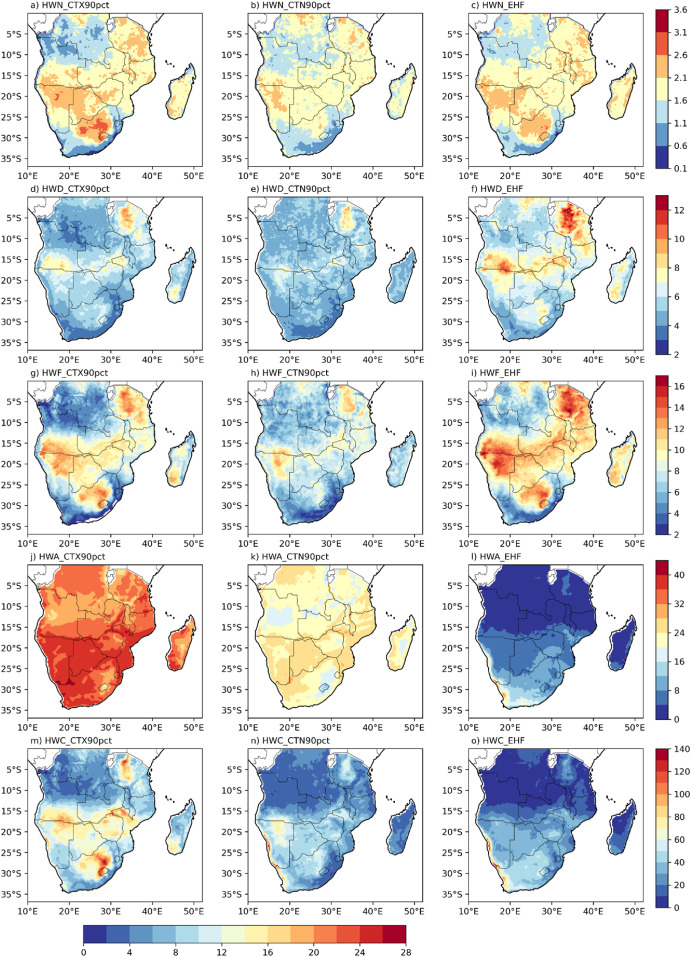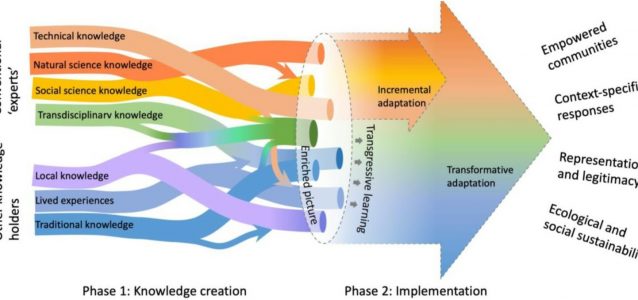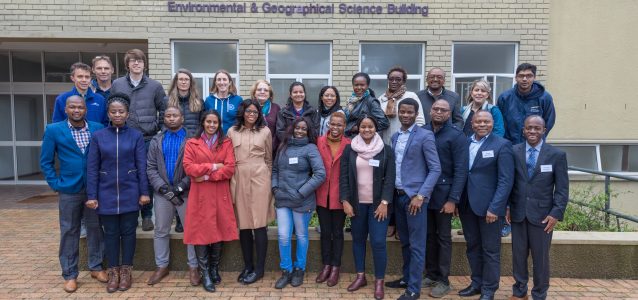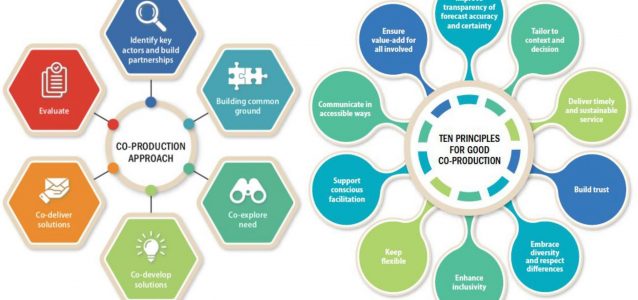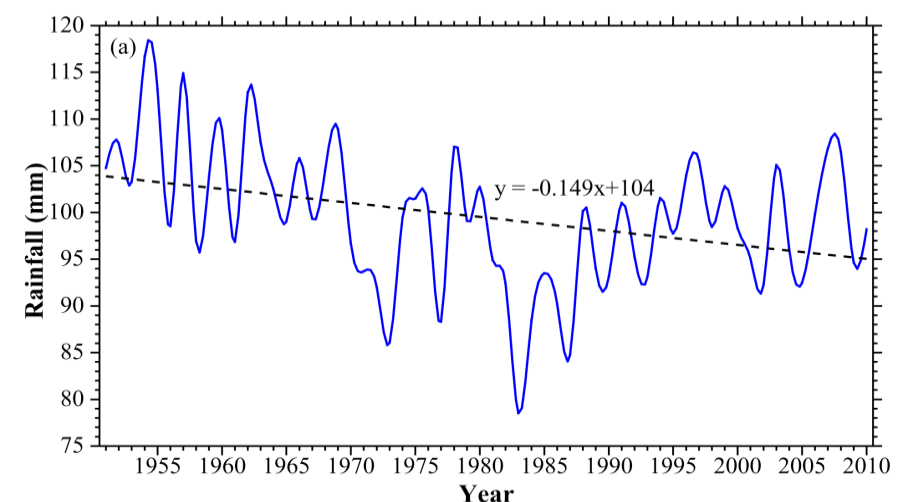
Perception of Cassava-Based Farmers to Climate Variability in the Rain Forest and Derived Savannah Biomes of Nigeria. The pattern of agricultural production is influenced by climate variability, particularly in those regions of Africa where agriculture is primarily rain-fed. There is a discrepancy in how farmers perceive and respond to climate unpredictability, which affects their choice… Read more »


